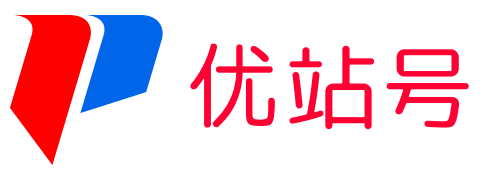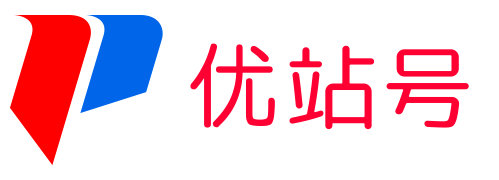在现代软件开发中,数据交换和处理已经成为一项重要的任务,为了实现不同系统之间的数据交互,我们需要一种通用的数据格式,JSON(JavaScript Object Notation)是一种轻量级的数据交换格式,易于阅读和编写,同时也易于机器解析和生成,在Java中,我们可以使用第三方库来处理JSON数据,例如Gson、Jackson和Fastjson等,本文将介绍如何在Java中使用Gson库处理JSON数据。
1、添加Gson依赖
我们需要在项目中添加Gson库的依赖,如果你使用的是Maven项目,可以在pom.xml文件中添加以下依赖:
<dependencies>
<dependency>
<groupId>com.google.code.gson</groupId>
<artifactId>gson</artifactId>
<version>2.8.9</version>
</dependency>
</dependencies>
如果你使用的是Gradle项目,可以在build.gradle文件中添加以下依赖:
dependencies {
implementation 'com.google.code.gson:gson:2.8.9'
}
2、Java对象与JSON字符串的转换
Gson库提供了将Java对象转换为JSON字符串的方法toJson(),以及将JSON字符串转换为Java对象的方法fromJson(),以下是一个简单的示例:
import com.google.gson.Gson;
public class Main {
public static void main(String[] args) {
// 创建一个Java对象
Person person = new Person("张三", 25);
// 创建Gson对象
Gson gson = new Gson();
// 将Java对象转换为JSON字符串
String jsonString = gson.toJson(person);
System.out.println("Java对象转换为JSON字符串:" + jsonString);
// 将JSON字符串转换为Java对象
Person personFromJson = gson.fromJson(jsonString, Person.class);
System.out.println("JSON字符串转换为Java对象:" + personFromJson);
}
}
class Person {
private String name;
private int age;
public Person(String name, int age) {
this.name = name;
this.age = age;
}
}
3、JSON数组与Java对象的转换
Gson库同样支持将JSON数组转换为Java对象列表,以及将Java对象列表转换为JSON数组,以下是一个简单的示例:
import com.google.gson.Gson;
import com.google.gson.reflect.TypeToken;
import java.lang.reflect.Type;
import java.util.List;
public class Main {
public static void main(String[] args) {
// 创建一个Java对象列表
List<Person> persons = Arrays.asList(new Person("张三", 25), new Person("李四", 30));
// 创建Gson对象
Gson gson = new Gson();
// 将Java对象列表转换为JSON数组字符串
String jsonArrayString = gson.toJson(persons);
System.out.println("Java对象列表转换为JSON数组字符串:" + jsonArrayString);
// 将JSON数组字符串转换为Java对象列表
Type type = new TypeToken<List<Person>>() {}.getType();
List<Person> personsFromJson = gson.fromJson(jsonArrayString, type);
System.out.println("JSON数组字符串转换为Java对象列表:" + personsFromJson);
}
}
4、自定义序列化和反序列化规则
Gson库允许我们自定义序列化和反序列化规则,我们可以为Java类添加注解来指定字段的序列化和反序列化方式,以下是一个简单的示例:
import com.google.gson.*; import java.lang.reflect.*; import java.time.*; import java.time.format.*; import java.util.*; import java.util.stream.*; import javax.annotation.*;Generated; import javax.inject.*; import javax.validation.*; import javax.validation.constraints.*; import org.apache.commons.lang3.*; // Guava and Commons Lang libraries for Java 8+ support only! Please use the respective libraries for earlier versions of Java as well! // You can find these libraries in the Maven repository or download them directly from their websites: // https://maven-repository.com/artifact/org.apache.commons/commons-lang3 // https://github.com/google/guava // https://commons.apache.org/proper/commons-lang/download_lang.cgi // If you are using Gradle, add the following lines to your build file: // implementation 'org.apache.commons:commons-lang3:3.12' // implementation 'com.google.guava:guava:30.1-jre' // implementation 'org.apache.commons:commons-lang3:3.12' // For more information on how to use these libraries, please refer to their documentation: // https://commons.apache.org/proper/commons-lang/apidocs/index.html // https://guava.dev/releases/30// https://commons.apache.org/proper/commons-lang/apidocs/index







还没有评论,来说两句吧...